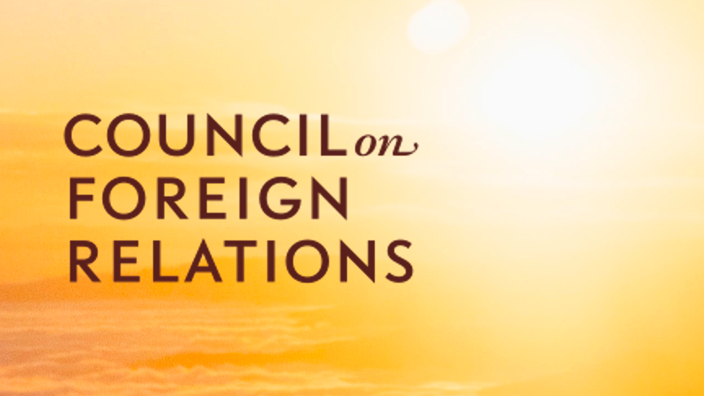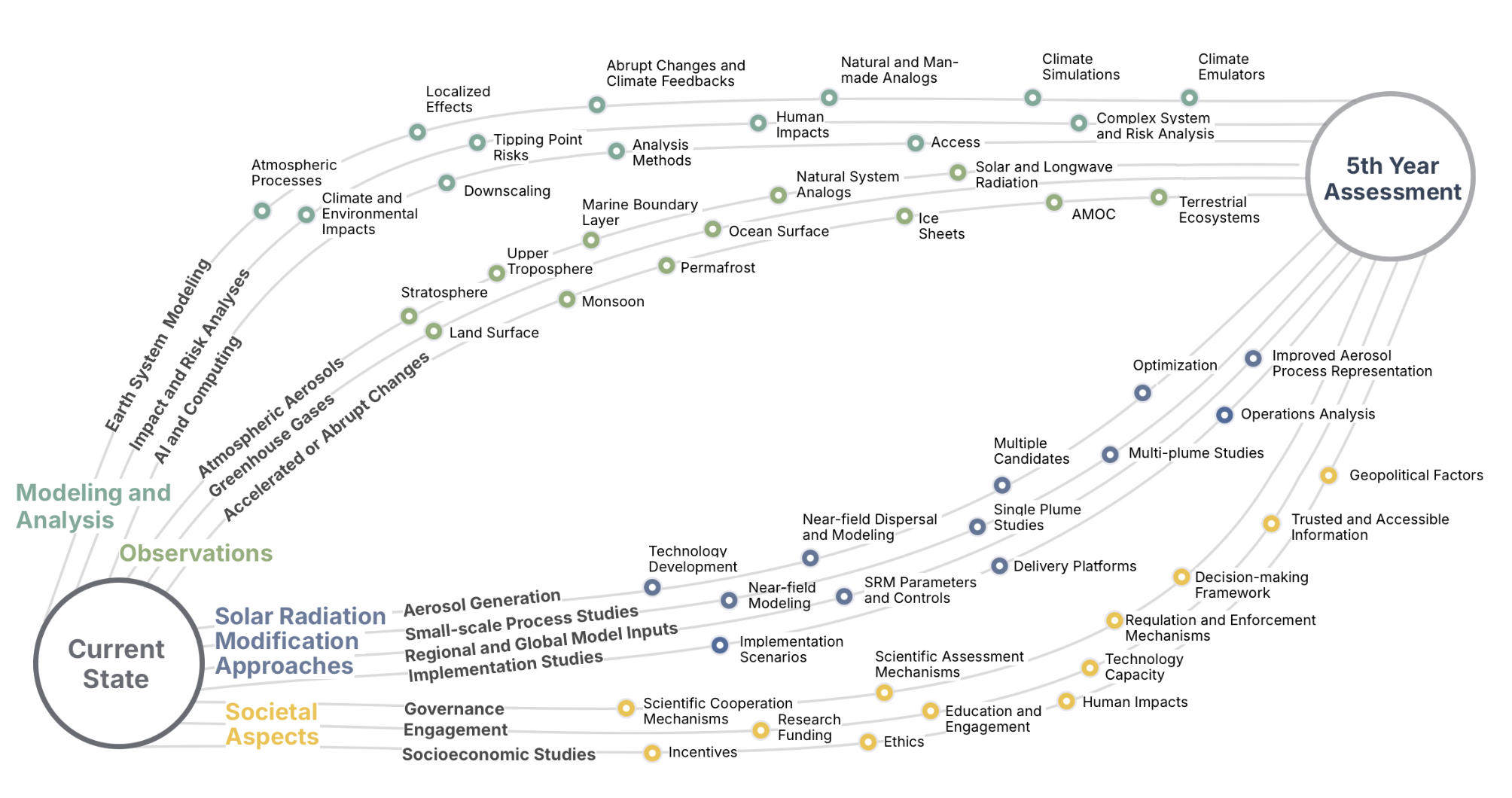
Insights
Featured

NYU Langone Health Forms New Partnership to Minimize Deaths from Extreme Heat
Project HEATWAVE, a new research initiative aimed at improving how we project and prepare for the risks associated with extreme heat, launched today as an international, collaborative effort led by top researchers from NYU Langone Health, Georgia Institute of Technology, and SilverLining, a non-profit climate research organization.

Council on Foreign Relations: Reflecting Sunlight to Reduce Climate Risk: Priorities for Research and Global Cooperation
As you may have seen in the news, the U.N. Office for Disaster Risk Reduction’s recent global assessment report found that human activity is driving an increase in medium- to large-scale disasters, many of which are fueled by climate.

Council on Foreign Relations: The Growing Risk of Climate "Tipping Points" (Scientific Evidence and Policy Responses)
As you may have seen in the news, recent studies indicate a heightened risk that major natural systems are approaching thresholds for rapid, potentially irreversible changes with catastrophic impacts on people and climate.

Biden Administration Nominees Need to Tell Congress How They Will Handle Near-Term Climate Risk
The Biden administration has emphasized its intention to address climate change across federal agencies via transparent, science-based decision-making.

U.S. Climate Policy Must Address Near-Term Climate Risk: SilverLining's Recommendations To The Biden-Harris Administration
New leadership in the United States presents a powerful opportunity for efforts to combat climate change.

Statement On Draft Prospectus For The Fifth National Climate Assessment (NCA5)
The U.S. Global Change Research Program, charged with coordinating the United States' research approach around human-induced and natural processes of global change, is currently developing its Fifth National Climate Assessment (NCA5), which is anticipated to be delivered in 2023.

Montreal Protocol Scientific Assessment Panel: Assessment of Potential Risks to the Ozone Layer
In 2019, the United Nations Montreal Protocol Scientific Assessment Panel passed a resolution to include “solar radiation management research” in its next Ozone Assessment report evaluating potential risks to the ozone layer.
SilverLining Unveils Interactive Roadmap for Research and to Advance Understanding of Near-Term Climate Risk and Intervention. The 5-year digital roadmap includes ambitious improvements to climate observations and models and study of a portfolio of rapid interventions.
Rapid and effective reporting, regulation and enforcement for weather modification and climate intervention activities would be best achieved in a structure in which the National Oceanic and Atmospheric Administration (NOAA) provides research and analysis of weather and climate impacts in support of a program of registration, permitting and enforcement by the Environmental Protection Agency (EPA). To achieve this, NOAA should expand relevant research and, with EPA, collaborate in the design of relevant processes. Within this, to support critical research, small-scale emissive research studies should be supported and exempted from permitting requirements for impact-scale activities.
Marine cloud brightening (MCB) is a promising approach to reducing near-term climate impacts and risks by dispersing sea salt particles (aerosols) into low marine clouds to make them reflect slightly more sunlight back into space to cool the climate.



